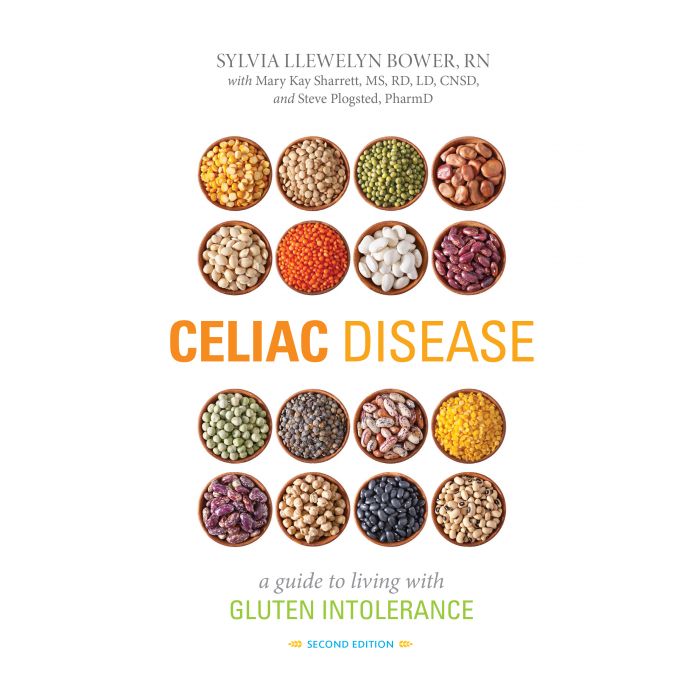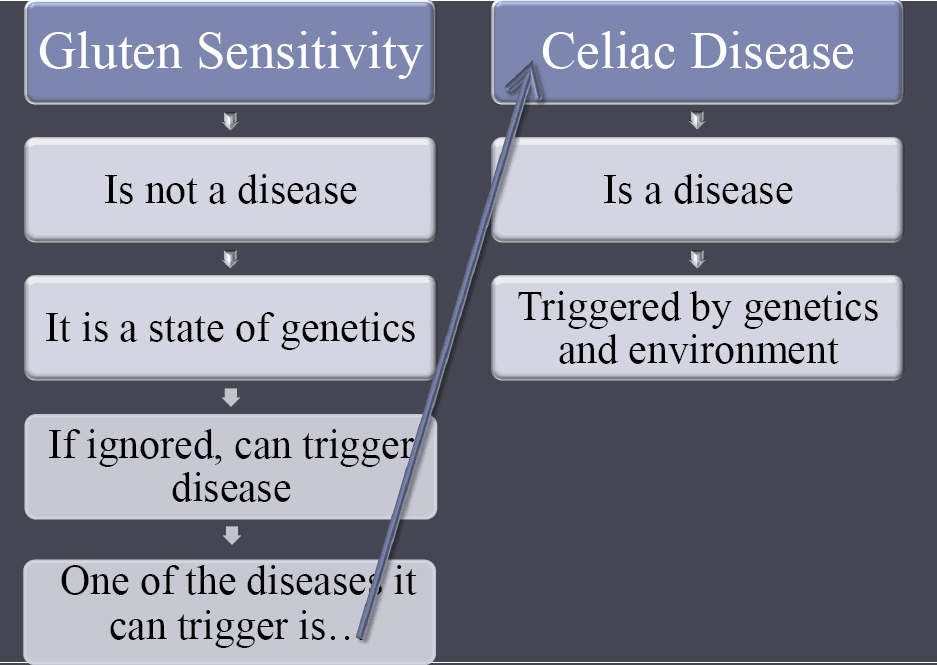Gluten Allergies – How to Deal With Celiac Disease

Gluten intolerance has similar symptoms to gluten intolerance, but it's a very different problem with far different long-term consequences
Gluten intolerance causes a range of unpleasant digestive problems including diarrhea and abdominal pain, but it's a very different condition than a gluten allergy which affects the small intestine and intestinal lining.
Gluten intolerance occurs when you have a reaction to a protein found in wheat, rye, and barley. Gluten is the main protein in wheat and barley, and it is this protein that is why bread and pasta are so common and why they are so delicious. However, gluten intolerance can also cause symptoms similar to gluten allergies, including abdominal pain and bloating, hives and rashes, gas, stomach cramps and cramps.
Gluten intolerance is the body's response to gluten. However, gluten itself is not harmful to your health. On the contrary, the process of digesting gluten is harmful. As this process takes place, the body tries to remove gluten by producing antibodies to try to kill the gluten proteins.
This process has a number of unpleasant side effects, including nausea, diarrhea, headaches, and heart palpitations. If you have any of these symptoms, you should see your doctor to have your digestion checked. Possibly a problem with the lining of the small intestine. This could be a sign of a gluten allergy.
Gluten intolerance should not be left untreated. Your digestive system cannot heal itself if you don't treat it at the right time, and you always have to deal with the symptoms of gluten allergy.
By using products such as gluten free foods and dietary supplements you can boost your immune system and reduce any side effects that you suffer from. This means that you're less likely to be susceptible to gluten allergies in the future. These products aren't always right for everyone, though, so don't be tempted to take them on a "try before you buy" basis.

Gluten allergies can actually be treated, so there is no need to ignore them or to suffer. endure uncomfortable symptoms. It's just a matter of finding the right treatment.
Gluten intolerance is not dangerous, and they really shouldn't be ignored either. They need to be looked at carefully and considered if you're suffering from any of the symptoms mentioned above.
Gluten is a naturally occurring protein which is found in wheat, rye, barley and oats. If you have gluten allergies, your body will produce an antibody to try and get rid of gluten. This doesn't work very well. In fact, it can actually make things worse.
As the body fights gluten, the body starts to destroy the tissue surrounding it. This can lead to a variety of problems, including a weakening of your digestive system. You can develop many different illnesses in addition to gluten allergies, such as ulcers, Crohn's Disease and even anemia.
Unfortunately, there's no way of telling if you might have a gluten allergy until your body has already had an allergic reaction to gluten. Your body's immune system is really quite sensitive, and it can often react in ways you wouldn't expect. and even make you vulnerable to other diseases.
The key to managing your gluten allergies is to learn how to cope and use supplements that help your body to heal itself. When you're diagnosed with a gluten allergy, you need to seek treatment and get the right medication.
You don't need to put yourself through life's never-ending nightmare of painful and uncomfortable symptoms. It's best to address the problem and get your immune system in shape so that you can keep your body healthy, rather than continuing to have your system fail you. Even if you have the most modern of medical conditions, such as a cold or flu, the digestive system can still attack gluten, if left unchecked. Your health may depend on it.